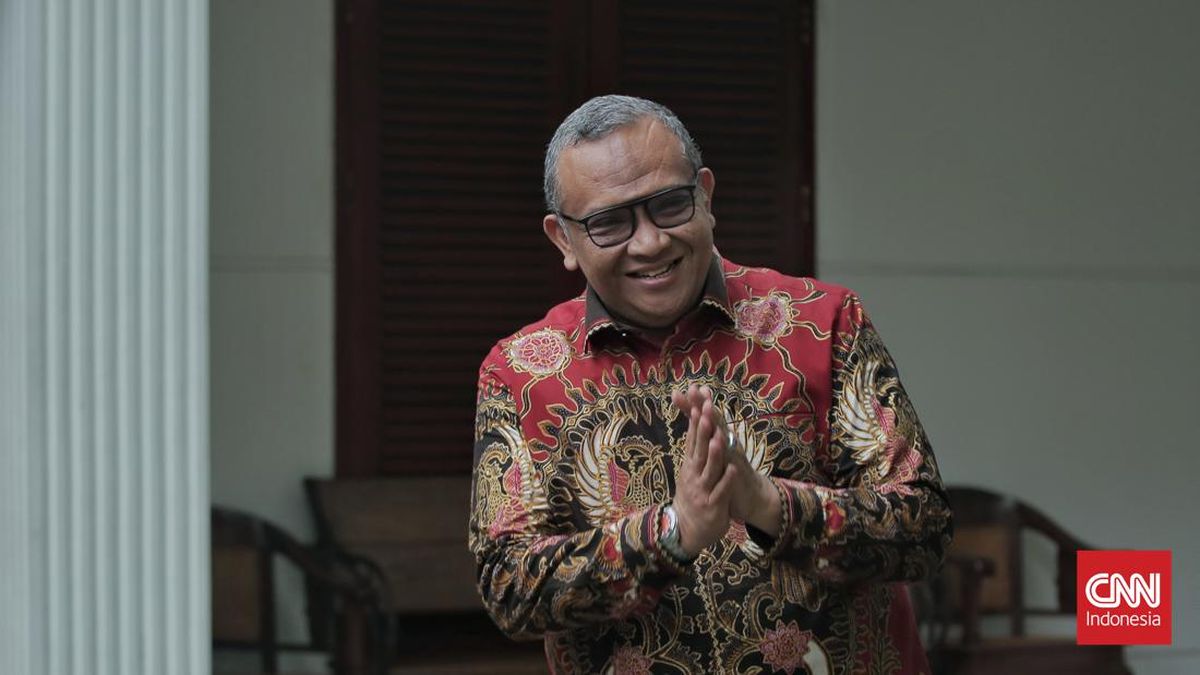By Helen Baker
July 9, 2025 — 5.08am
Just as we have choice in how and where we work to earn a living, so do many people in how to fund their retirement. It is possible and sometimes preferable to leave your superannuation untouched, allowing it to continue growing.
Some or all of your income can come from alternative sources instead. Here are some options to consider.

Where possible, avoid selling growth assets in a depressed market. Credit: Getty
1. Downsizing your home? For many who own their homes, equity accrued over decades can eclipse the funds in superannuation. However, it’s theoretical money only until it is unlocked.
Selling up the family home and downsizing – or rightsizing – for retirement allows you to pocket those gains tax-free and simultaneously relocate to a more suitable home with lower upkeep costs.
A downsizer contribution of up to $300,000 from the proceeds can be made to boost your super, and the remainder used to fund living expenses or actively invested.
Remember that while the sale proceeds of your home are tax-free, any future profits or interest earned from that money will be taxable.
However you ultimately fund your retirement, planning is crucial.
2. Part-time work? Semi-retirement allows you to step into retirement gradually. You continue earning income and super while working part-time, and keep a foot in the workforce while testing the waters of your new-found spare time.
Doing so also offers scope to move into different roles, such as passing on your skills to future generations by teaching/training others in your field of expertise, or taking employment in a new area that interests you and is closer to home.
3. Self-employment? Retirement from a full-time position presents a good opportunity to pursue self-employment. With more time and fewer commitments on your hands, you have greater scope to turn your hobby into a business or leverage your professional skills and reputation as an external consultant.
Also for the self-employed and those with a family business, director’s loan repayments from the company are typically tax-free – offering a potentially lucrative source of income and a means of extracting previous investments into the business without selling your ownership stake.
4. Investments? Rental property income (from residential or commercial properties) can supplement or even provide a generous source of income. The same applies to dividends from shares. These are likely to be more profitable if you own them well before retirement.
Income that is surplus to your everyday needs can be reinvested using tax-effective strategies to grow your future returns.
5. Family trust? A family trust could be used to house investments for yourself and other relatives, building intergenerational wealth. Trusts allow funds to be allocated to beneficiaries to manage marginal tax rates and stretch the money further, you have control over how income is split between different family members and have flexibility for changing circumstances.
Loading
6. Selling collectables? You may not realise the value in items you have collected over the years: wine, artwork, jewellery, vintage cars, antiques etc. Rather than have them collect dust or pay to store them, they could be sold to fund your living costs or new investments.
Where possible, avoid selling growth assets in a depressed market – wait until you can extract maximum value.
7. Obtaining a part-pension? Part-pensions are not only possible but valuable in making your superannuation stretch further. And they still entitle you to a concession card with its benefits over healthcare, transport and more.
Take these savings even further by requesting pensioner discounts with other companies, on everything from utilities to travel and insurance to eating out.
Don’t overestimate the value of your assets as part of the means test. It’s a common mistake that can wrongly deny you a full or part-pension.
However you ultimately fund your retirement, planning is crucial. Understand your spending and how those habits will change before and during retirement, then look to investments that offer the best fit. Consider a mixture of strategies to diversify your risk, manage your tax liabilities and ensure ongoing income.
Above all, timing is key. The further ahead you plan, the more time you have to embrace additional opportunities and do things at the right time to maximise their value. You’ve worked hard and now is your chance to enjoy the fruits of your labour.
Helen Baker is a licensed Australian financial adviser and author of Money For Life: How to build financial security from firm foundations.
- Advice given in this article is general in nature and is not intended to influence readers’ decisions about investing or financial products. They should always seek their own professional advice that takes into account their own personal circumstances before making any financial decisions.
Most Viewed in Money
Loading


















































